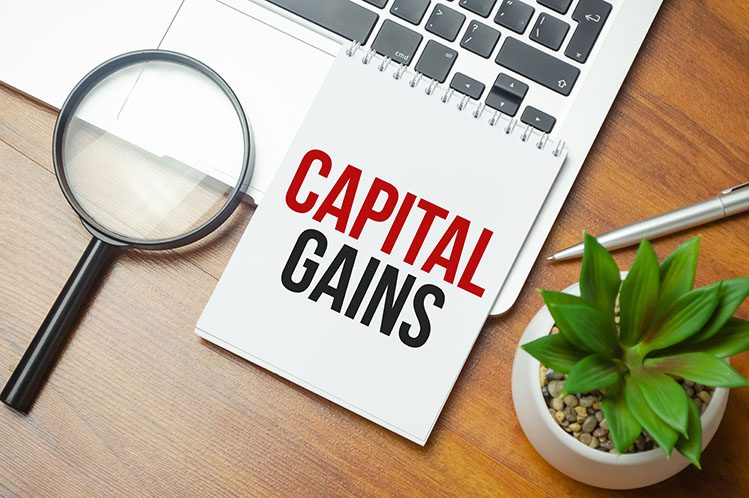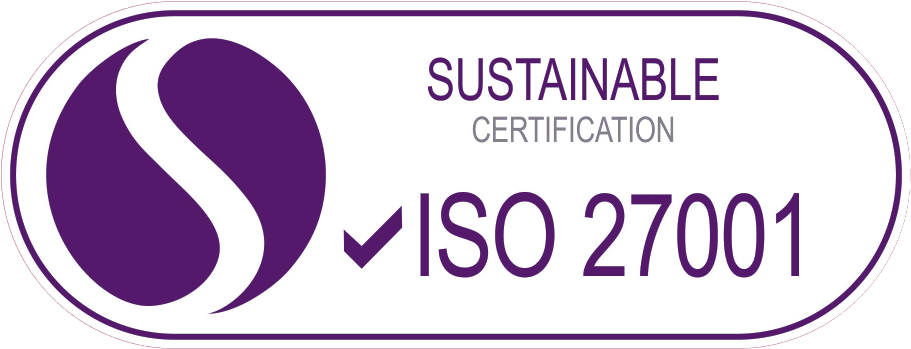The capital gain tax you need to pay on the sale of an asset depends on a number of factors. Read on to understand a bit more about capital gains tax.
So, you’ve sold some shares or an investment property and now you need to start thinking about calculating what capital gains tax you might need to pay. Based on whether you made a profit or a loss on the sale of the asset you’ll have either a capital gain or a capital loss.
So let’s explore capital gain tax investment property and capital gain tax shares.
What is Tax on Capital Gains?
Tax on Capital Gains is imposed on the profit made from the sale, transfer, or disposal of assets, including real estate, shares, managed funds, and collectibles. The tax is imposed on the capital gain which is the difference between the asset’s purchase price (cost base) and its selling price (capital proceeds), thereby reflecting the capital gain or loss incurred.
The tax on capital gains is imposed at your marginal tax rate. To work out what your marginal tax rate is check out the tax brackets.
Discounted Tax on Capital Gains
Individual taxpayers may be eligible for a discounted tax on capital gains if assets have been held for over 12 months. A capital gains tax (CGT) discount reduces the taxable capital gain by 50% for assets held longer than 12 months.
This CGT discount applies to most assets, excluding some categories such as collectibles, personal use assets, and assets held by certain non-residents. The CGT discount does apply to shares and investment property, but not your personal residence.
Capital gain tax on investment property
The most important thing to do when working out the capital gain tax on investment property is to understand your cost base and capital proceeds. Another important tax is to understand the dates each of the purchase of the investment property and sale of the investment property occurred for Capital Gains Tax purposes.
Cost base
To work out your cost base for working out capital gain tax on investment property you’ll need your settlement statements for the investment property. This will provide the purchase price and all associated costs like stamp duty etc to include in the cost base.
If you’ve taken a deduction for capital works on your investment property you’ll need to reduce your purchase price by the amounts you’ve already claimed.
As an example if you bought a house for $410,000, paid stamp duty of $20,000 and had other costs of $4,000, your cost base would be $434,000.
Capital Proceeds
To understand the capital gain tax on investment property you will need to know the capital proceeds you have received. This is the net amount received after your selling costs. Ie, if you sold a property for $560,000 and you had selling costs of $14,500, your capital proceeds will be $545,500.
To calculate your capital gain, you subtract the cost base from the capital proceeds:
Capital Gain = Capital Proceeds – Cost Base.
Example
For the example we’re following the Capital Gain would be $545,500 – $434,000 = $111,500.
If the investment property was held over the 12 months, you would now need to discount the capital gain to work out the capital gain tax on investment property.
Capital Gain discount of 50% is applied to the example above. $111,500 x 50% = $55,750
The Capital Gain is $55,750 which you will need to apply your tax rate to. If the property is jointly owned, then you share the capital gain equally across all owners.
If you’re earning $120,000 a year, your capital gain tax on investment property would be at the 37% tax bracket meaning you’ll be paying $20,627.50 in capital gains tax.
Shares Capital Gains Tax
To work out capital gains tax shares you will need to understand both the cost base and the capital proceeds and the dates both these transactions occurred. If the period is over 12 months, you will have access to the CGT Discount.
If you bought shares in February 2021 for $2,000 and it cost $19 to buy them and you sold them in March 2023 for $5,000 and it cost $19 to sell them, your capital gain would be as follows:
Cost base = $2,000 + $19 = $2,019
Capital proceeds = $5,000 – $19 = $4,981
Capital Gain = $4,981 – $2,019 = $2,962
CGT discount = 50% x Capital Gain = 50% x $2,962 = $1,481
What Capital Gain Tax depends on your marginal rate of tax. If you earned $120,000 then you would be at the 37% tax bracket and you would pay $547.97 of shares capital gains tax.
Exempt Capital Gains Tax Assets
There are several exclusions and concessions available that can reduce or eliminate the capital gains tax liability.
Below are some specific exclusions for capital gains tax in Australia:
- Main Residence Exemption: The sale of your primary residence is generally exempt from capital gains tax. This exemption applies as long as the property is your main residence for the entire ownership period and sits on land of 2 hectares or less.
- Personal Use Assets: Capital gains from the sale of personal use assets acquired for less than $10,000 are disregarded for capital gains tax purposes. Personal use assets are items primarily used for personal enjoyment or personal use, such as furniture, appliances, and vehicles.
- Collectibles Exemption: Capital gains from the sale of certain collectible assets, such as artwork, jewellery, antiques, and coins, may be subject to a special exemption if they are acquired for $500 or less.
Capital Loss
A capital loss is when your capital proceeds are less than the cost base of the asset. These can only offset a capital gain and will need to be carried forward to a future year if you don’t have a capital gain in the same year. What capital gains tax that is applicable to your asset depends on a number of factors which are outlined above.
One Click Life can help with your tax return!
One Click Life makes it simple to work out your tax position and capital gains. Book a meeting for free advice on capital gains when you complete your tax return with One Click Life.
One Click Life helps you organise all your life’s admin in one place. Operated by finance and tax professionals, One Click Life allows you to complete your online tax return fast from your mobile phone.
Dealing with an online tax agent is the easiest way to complete your tax return. You can also claim your online tax agent fees as a tax deduction – increasing your refund and getting the help you need for an easy tax return. One Click Life are also Mortgage Brokers and can help with your Mortgage. We can also help with your Will, and Health Insurance, so you can spend more time on things that matter while saving money!


